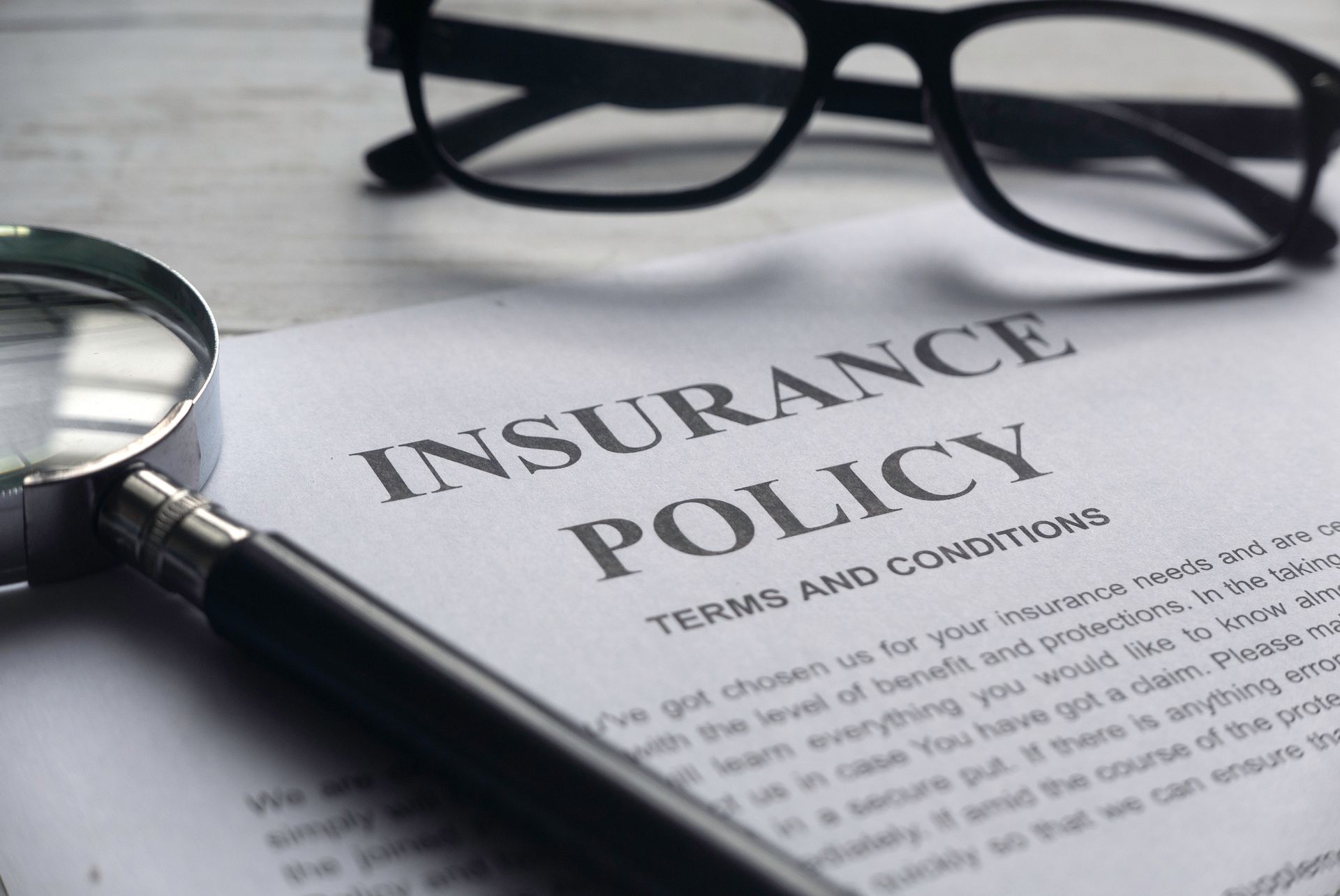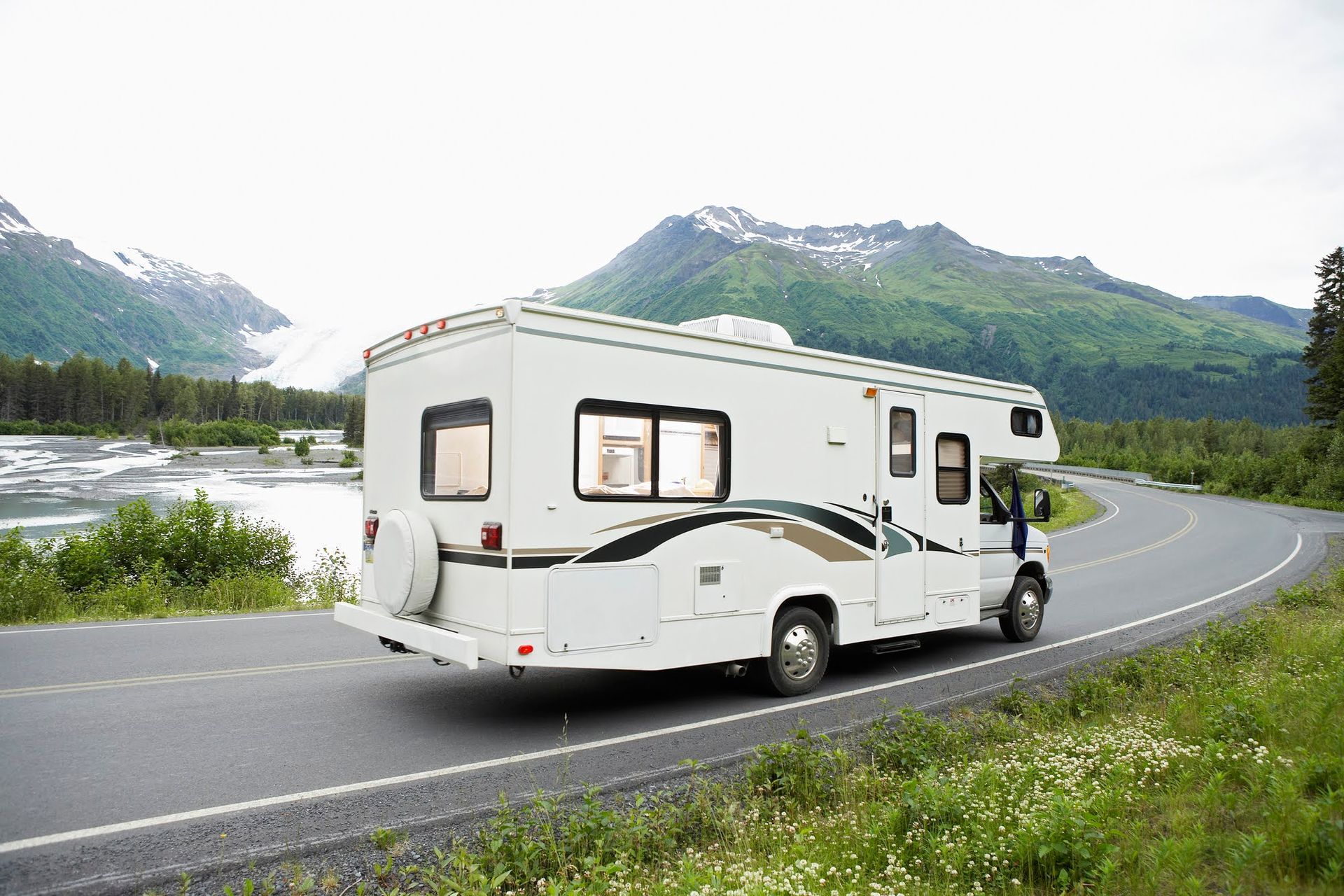Renters Insurance and What It Covers

Whether you rent an apartment or home, renters insurance is important for protecting your things. It's important to understand that coverage varies with insurance carriers and the limits you choose, so talk with an agent to select the right insurance for you that works with your budget. An agent can help you understand what renters insurance covers and what it doesn't. Below are some common things covered by renters insurance.
Harm to Another Person
Liability insurance is usually included in a renters insurance policy and provides coverage for damage you cause to another person's property or to the person if you cause them to have an injury while they are in your rented home. If someone trips and falls on clutter in your home and breaks a bone, you may be liable and have to pay their medical bills. That's where liability insurance comes in and pays the medical bills for you.
Medical costs are paid after you pay the deductible and up to the limit on your policy. When choosing renters insurance, compare deductible amounts and coverage limits against the cost of your policy. You want good coverage, but you need insurance to be affordable if you're going to school or on a tight budget.
Damage to Your Belongings
Renters insurance covers your belongings but not your rental property. Your landlord has insurance to cover the apartment or home you live in. If a fire damages your rental property and you lose your furniture and clothes, rental insurance may pay to replace them up to your policy limits.
Rental insurance may cover theft, too. The theft doesn't even have to happen in your home. Your laptop might be covered if someone steals it from you while you're working at the park or at school. Renters insurance covers a number of perils, but there are some not usually covered. Just like regular homeowners insurance, renters insurance doesn't cover floods or earthquakes.
Temporary Housing
If you're forced out of your home or apartment due to a fire, hurricane, or other covered peril, renters insurance will often pay for your living expenses if you need to rent a hotel or temporary apartment until your home is restored. An insurance agent can explain the benefits and limitations of this coverage so you know what to expect if you ever need to use it.
Temporary housing that's comparable to your usual housing is typically covered. You probably won't be able to upgrade to a luxury hotel room or suite. However, extra expenses you incur due to living in a hotel, such as food, laundry, and parking might be covered. Be sure to call your agent to find out and keep close track of your expenses so you can turn them in to your insurance company.
Coverage for Valuables
Basic renters insurance is usually affordable, especially if you don't own valuables and a low limit and high deductible are acceptable. However, you can increase your coverage if that makes you feel more comfortable. You may need to do that if you keep valuable artwork or jewelry in your home or apartment.
If you live in a beginning apartment with used furniture, you probably won't need as much insurance as if you have high-end furniture. The insurance coverage you choose should fit your lifestyle so you don't have to buy everything over out of your own pocket if you lose your furniture and other belongings in a fire. You can increase your coverage limits and buy extra insurance when it's needed.
Let your insurance agent know the value of the items in your home so they can choose the right amount of coverage and extras that give you the best protection in case of a disaster or theft. Contact Advantage Insurance Agency if you're ready to take out a renters insurance policy and we'll answer your questions and help you get the right coverage for your needs.













